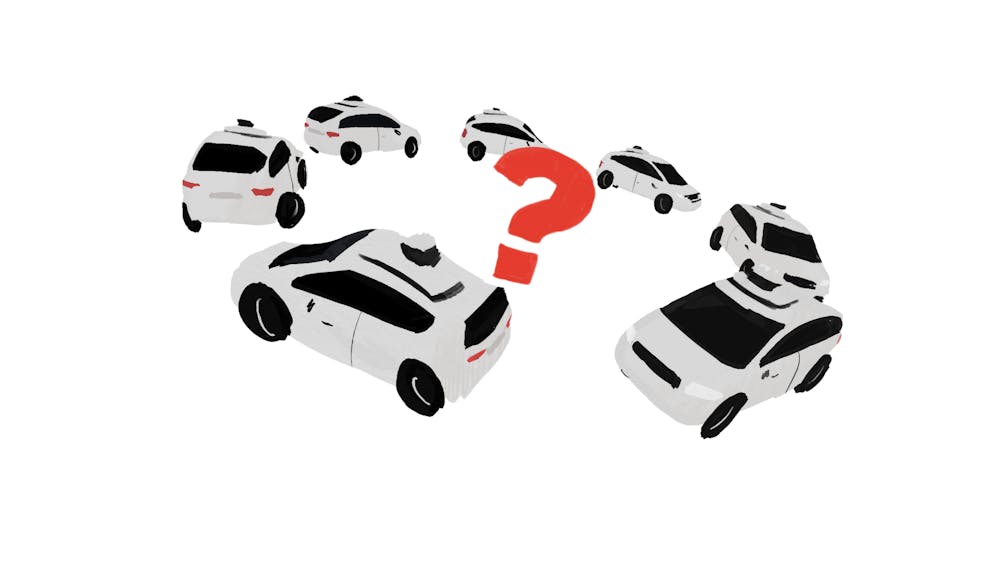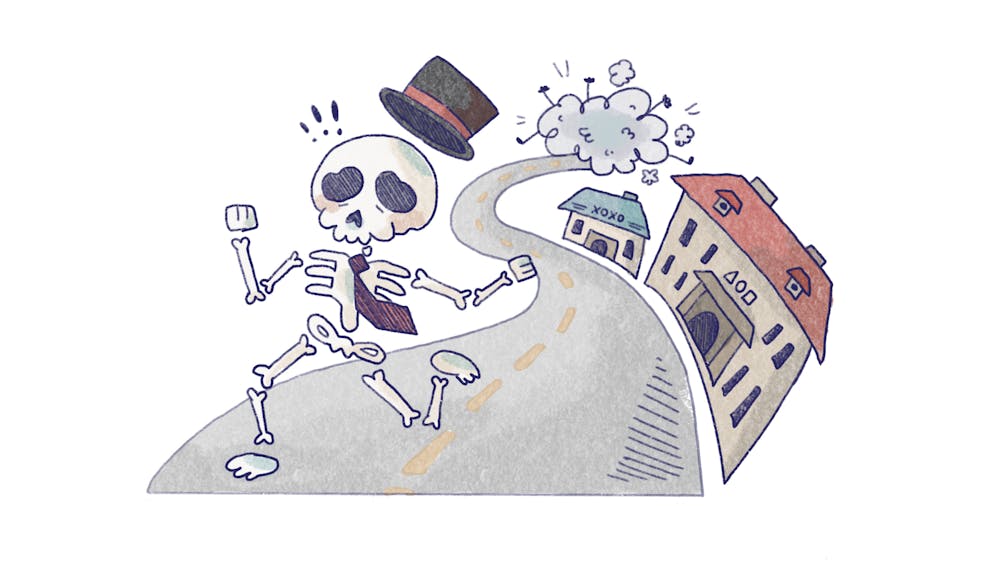
You awaken at 6 a.m. to the deafening sound of your blaring alarm clock. A rush of ambition courses through your veins as your feet hit the cold morning floor. A morning workout is then immediately followed by the creation of a mile-long to-do list. You conquer the remainder of the day, completing your tasks with laser-like focus and unparalleled diligence.
This notion of hyper-productivity and relentless perfectionism has held individuals under an absolute chokehold. In recent years, socially prescribed perfectionism has increased by 33%. Individuals have become engrossed by the “hustle harder” mentality, feeling the constant pressure to overachieve. Long hours and the ceaseless pursuit of professional goals have become both normalized and encouraged. The perpetrator of such workaholic ideologies: none other than social media.
Social media has grown to encourage a rise and grind mentality. Productivity has become a performance, an aesthetic and a brand. A quick scroll through Instagram or Linkedin will display herds of individuals glamorizing their early morning rises and tweeting about their 80-hour work weeks. These posts create unrealistic standards for performance, and lead to poor mental health. Overall, social media’s glorification of workaholism has not only set unprecedented expectations for productivity, but has also resulted in the degradation of our mental stability.
Social media’s endorsement of overwork stems from the inescapable content that encourages the ideologies of hustle culture. For example, Elon Musk famously tweeted that “no one ever changed the world on 40 hours a week.” Jack Dorsey shared that his secret to running two successful companies came from working 16-hour days. Tech moguls and high-profile business entrepreneurs depict painfully long hours as the key to success. Furthermore, individuals on social media have decided to demonstrate their mastery of the hustle harder mentality by sharing their personal productivity templates. Influencers, such as Ali Abdaal and Amy Landino, have begun to brand themselves as productivity gurus, where they produce content geared toward self-help and time optimization. Their YouTube videos are picturesque; they portray only the aesthetic highlights of a packed workday. Through the glamorizing lens of social media, where moments of frustration and fatigue are concealed, hard work is alluring. Productivity consists of piles of crisp dollar bills, colorful Google Calendar squares, and neatly mapped agendas.
As a society, we have been consumed by the apparent lust of hustle culture. In 2020, Google searches regarding productivity hit a five-year high. Workers are now putting in an average of 8.5 hours of unpaid overtime per week. Students have been found to spend 16.5 hours of the week working in addition to dedicating 9.7 hours to academic studies. However, the results of such hard work have been catastrophic, with burnout rates skyrocketing to an all-time high. With 77% of individuals experiencing burnout at their current jobs, the rigor of hustle culture is undoubtedly exhausting.
Despite the debilitating consequences, society continues to adhere to the media’s definition of hard work. Individuals feel guilty for taking vacation time and prioritizing self-care. Workaholism has narrowed their lives as they fail to take the time needed to experience feelings of exhaustion. In its essence, hustle culture breeds the cognitive dissonance responsible for diminishing one’s wellness and stability.
In order to address the consequences of social media’s rigid and seemingly glamorous template for productivity, we must acknowledge the truth behind what it means to hustle. At its core, hustle culture is not alluring. For most, hustling is an impairing experience, consisting of tireless efforts and taxing moments of doubt. In order to recover from its exhaustive realities, we must allow ourselves to experience our feelings of burnout. While social media may applaud a lifestyle of limitless productivity, it's time we recognize the validity of the emotions that accompany our pervasive efforts and safeguard our well-being.
Much like machines, we have allowed our output capacity to determine our value as human beings. We use tangible results and measurable metrics to dictate our self-worth. We allow corporations to utilize metrics akin to those employed to gauge the proficiency of machines to assess our productivity. The emergence of artificial intelligence and machine learning only heightens productivity aspirations. However, as we strive to match the productivity levels of machines, it is crucial to recognize the limits of our human capabilities. We are not designed to withstand the relentless demands of hustle culture. Instead, we are emotional beings who deserve the opportunity to recognize and experience our feelings. Therefore, adhering to social media’s endorsement of machine-like productivity has not only encouraged the unfeasible, but has also ignored the ideals of human nature.
Hustle culture fails to recognize that humans are fundamentally different from the machines they’ve built. As a society, we have run ragged in our attempts to adhere to social media’s robotic and unprecedented image of productivity. It's time we begin to dismantle the standards that limit our humanity and live by our own accord.
Trisha Minocha (24C) is from Long Island, NY.






